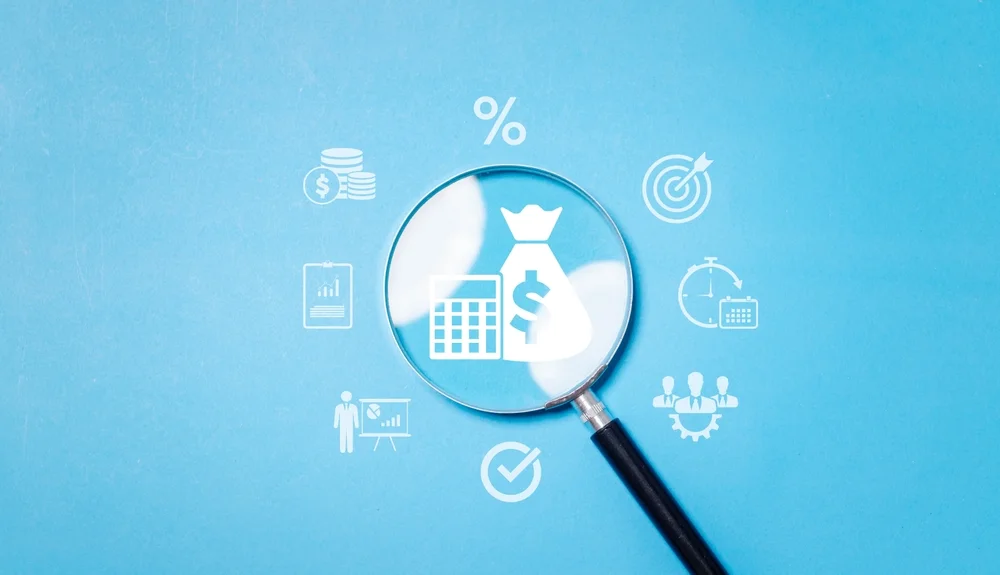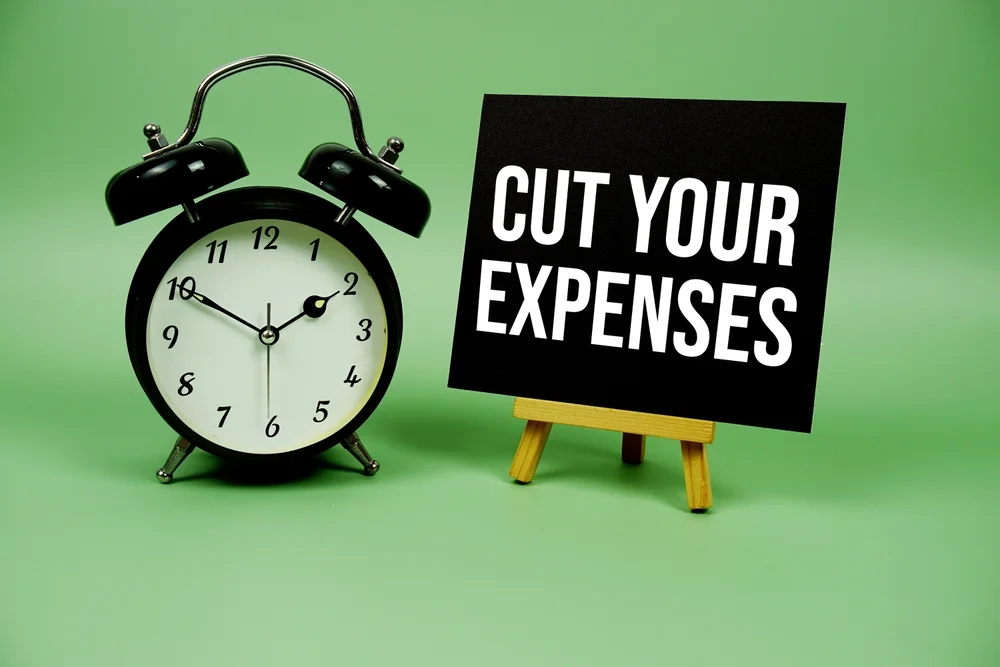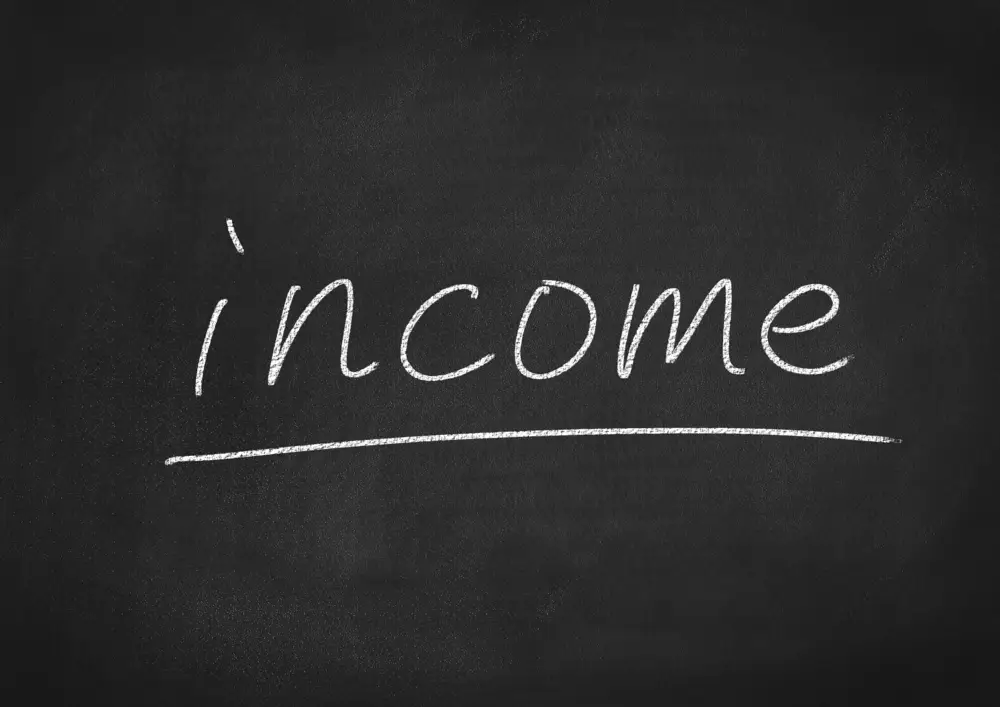How to Budget Money on Low Income
Though it can feel daunting, low income budgets are both realistic and gratifying. Financial planning becomes even more important for satisfying fundamental demands and creating a safe future with few resources. Even with small income, this guide offers doable tactics on how to budget money, save money, and increase your financial security.
Understanding the Basics of Budgeting on Low Income
What is Budgeting?
Budgeting is developing a comprehensive strategy to divide your money among several savings and expenses. It makes every dollar useful. Budgeting helps maximize little resources by following fundamental ideas like giving requirements top priority over wants.
How to Budget Money Helps Stretch Limited Income
A budget makes clear where your money goes. It lets you steer money toward savings and basics, cut expenses, and avoid unneeded debt.
Why Budgeting is Crucial for Low Income Earners
- Preventing Debt Accumulation: By means of budgeting, one can prevent overspending and avoid depending too much on credit cards or loans, which might result in expensive interest charges.
- Ensuring Funds for Essentials: Budgeting guarantees you always have the fundamentals covered by giving needs including housing, utilities, and food top priority.
- Building a Small but Vital Savings Cushion: A little emergency reserve will also give comfort and a safety net against unanticipated costs.

Steps to Create a Budget on Low Income
Assess Your Income and Expenses
- Listing All Sources of Income: Add all of your sources, including side work, government benefits, pay, or any passive income.
- Identifying Fixed, Variable, and Discretionary Expenses: Like insurance and rent, fixed expenses stay the same. Variables like utilities and groceries change. Entertainment and non-essentials go under discretionary spending.
Prioritize Essentials
- Housing, Utilities, and Groceries: First pay attention to covering the most important bills. Your budget’s cornerstone is these non-negotiable items.
- Strategies to Cut Costs on Necessary Expenses: Meal planning and bulk purchases help to lower grocery costs. Use energy-efficient methods and bargain better prices with providers to cut utility expenditures.
Track Every Expense
- Importance of Meticulous Tracking: Monitoring expenses helps you to clearly see your spending patterns and points up areas needing work.
- Tools to Simplify Expense Tracking: Simple spreadsheets, Mint, PocketGuard, and other apps let you easily track spending.
Set Realistic Goals
- Examples of Short-Term and Long-Term Financial Goals: Among short-term objectives could be saving $500 for an emergency fund. Long-term objectives could call for debt pay-off or down payment savings.
- How to Set Achievable Savings Targets: Start modest then progressively raise donations. Create deadlines to keep yourself driven.
Create an Emergency Fund
- Starting Small and Growing Over Time: Save perhaps five or ten dollars every week. More than the first sum, consistency counts.
- Why an Emergency Fund is a Top Priority: An emergency fund lowers stress during a crisis and guards against financial losses.
Money-Saving Tips for Low Income Budgets
Cut Down on Non-Essential Spending
- Identifying and Eliminating Unnecessary Expenses: Examine your spending to identify areas you might cut back on, including regular dining out or subscriptions you seldom use.
- Affordable Alternatives to Costly Habits: Replace costly pastimes with free or low-cost pursuits including reading, hiking, or neighborhood events.
Use Coupons and Discounts
- Finding and Utilizing Deals for Groceries and Essentials: To cut costs, hunt coupons online, sign up for retailer loyalty programs, and apply cashback applications like Rakuten.
- Leveraging Loyalty Programs and Cashback Apps: While cashback applications pay you a percentage back on purchases, loyalty programs honor repeat users.
Reduce Utility Bills
- Simple Ways to Lower Electricity and Water Costs: Cut off unneeded lights, patch leaks, and run cold water laundry. Over time, these little adjustments mount up.
- Benefits of Energy-Efficient Practices: Changing to programmable thermostats and energy-efficient equipment will help to drastically lower monthly expenses.
Cook at Home
- Comparing the Cost of Home Cooking vs. Dining Out: Cooking food at home comes out to be far less expensive than dining out. You also regulate ingredients and portions to make better decisions.
- Planning Meals to Minimize Waste and Save Money: Schedule dinners around discounts and deals. Creatively cut food waste with leftovers.

Boosting Income on a Low Budget
Side Hustles and Part-Time Jobs
- Ideas for Earning Extra Income: Think of freelancing, watching kids, teaching, or online sales of handcrafted goods. These prospects give extra income and flexibility.
- Flexible Work Options for Low-Income Earners: Search for flexible part-time employment including remote customer service work or delivery driving.
Selling Unused Items
- How to Declutter and Make Extra Money: Sell clothes, furniture, or electronics—things you no longer need. Decluttering creates cash and helps your room seem better.
- Best Platforms for Selling Second-Hand Items: Get a wide audience via Facebook Marketplace, eBay, or Poshmark.
Upskilling and Education
- Free or Low-Cost Resources to Improve Skills: Use free online courses offered by sites like Khan Academy or Coursera. Libraries provide priceless materials as well.
- Long-Term Benefits of Investing in Personal Growth: Better career prospects and higher earning potential follow from improved abilities.
Tools and Resources for Budgeting on Low Income
Budgeting Apps and Software
Recommendations for User-Friendly Budgeting Tools
Apps such as YNAB and EveryDollar streamline income and expense tracking, therefore enabling you to keep to your budget.
Free Community Resources
- Accessing Food Banks, Housing Assistance, and Utility Aid: Essential help comes from non-profit groups. Contact nearby resources for utilities, housing, or food.
- Non-Profit Organizations Offering Financial Support: Groups like Salvation Army and United Way provide financial guidance as well as services for meeting basic needs.

Case Studies: Success Stories of Budgeting on Low Income
Real-Life Examples of Budgeting Success
Example 1: The Single Parent’s Journey
Using community services and lowering non-essential costs, a single mom saved $2,000 in a year.
Example 2: The Student’s Financial Turnaround
Tracking spending, cooking at home, and selling extra stuff helped a college student lower debt by building a reasonable budget.
Lessons Learned from Their Experiences
These tales demonstrate how, over time, regular efforts—even little ones—cause notable financial benefit.
Common Mistakes to Avoid When Budgeting on Low Income
Overestimating Income or Underestimating Expenses
- Ensuring Accuracy in Budget Calculations: When project revenue and expenses, be reasonable to prevent shortages.
- Adjusting Budgets to Reflect Reality: Review your budget often to match shifting financial situation.
Neglecting Emergency Savings
- Why Saving Even a Small Amount is Critical: Emergency money helps to avoid obstacles deraying development. Start small and develop progressively.
- Strategies to Build an Emergency Fund Slowly: Save little sums on regular basis. Increase your fund with bonuses or unexpected money.
Impulse Spending
How to Avoid Temptations and Stick to Your Budget
Steer clear of shopping when upset; instead, make a list to keep your attention on required goods.

Conclusion of How to Budget Money
Budgeting on a low income requires discipline, planning, and adaptability. By implementing the strategies outlined in this guide, you can take control of your finances, build savings, and achieve your goals over time. Remember, even small steps make a big difference when it comes to financial improvement.
FAQs
- How do I start budgeting on a low income? Track your income and expenses first; next, give critical spending top priority.
- What tools can help me manage my budget effectively? For simple tracking of expenses and budgeting, use Mint or YNAB applications.
- How can I save money while paying for essentials? Cut non-essential expenses, apply discounts, and save by cooking at home.
- What side hustles are ideal for low-income earners? To increase money, think about freelancing, watching kids, or selling unwanted stuff.
- Why is it important to have an emergency fund on a low income? During unanticipated situations, an emergency fund offers financial consistency.



